India’s energy requirement has grown manifolds in the past decades. Team Motorindia finds out more about the logistics of petroleum products and bulk gases from one of India’s largest transporters – Raman Khosla, Managing Director, Cargo Carriers (India) Limited and how his fleet of over 1100 Tata trucks does the job
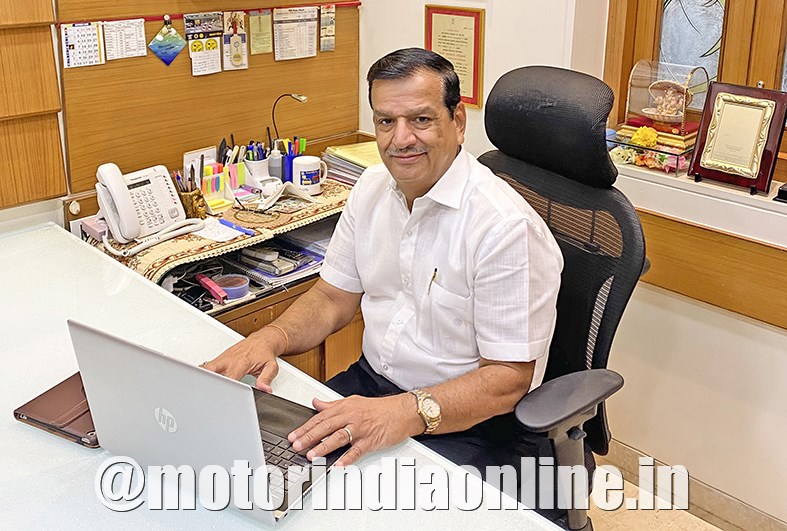
India has witnessed a rapid growth in the demand for natural gases and petroleum products over the past two decades. To put things into perspective, the oil consumption rose by 60 per cent from 3.29 million barrels per day in 2009 to 5.27 million barrels per day in 2019. Similarly, the consumption for natural gas, rose 22 per cent from 49.1 bcm in 2009 to 59.7 bcm in 2019. According to a report published by one of the petroleum majors in the country, India is the second biggest growth driver of primary energy consumption in the world in 2019, only behind China. The primary reason for this rapid increase in consumption has been the continuing growth of economic activities across the nation and the substantial increase in the total volume of the automotive vehicles on the roads.
To cater to the ever-increasing demand for petroleum products and bulk gases, the country has always relied on an extensive logistics network to supply the oils and gases to all the corners of the country. A network that delivers on time, every time, and takes the onus of delivering these highly-flammable and hazardous products safely to the remote areas, spread across the length and breadth of the country. One such company that has been at the forefront of this nationwide network is Cargo Carriers. It is one of India’s apex companies that supplies petroleum products and bulk gases through their fleet of tankers, all across the country.
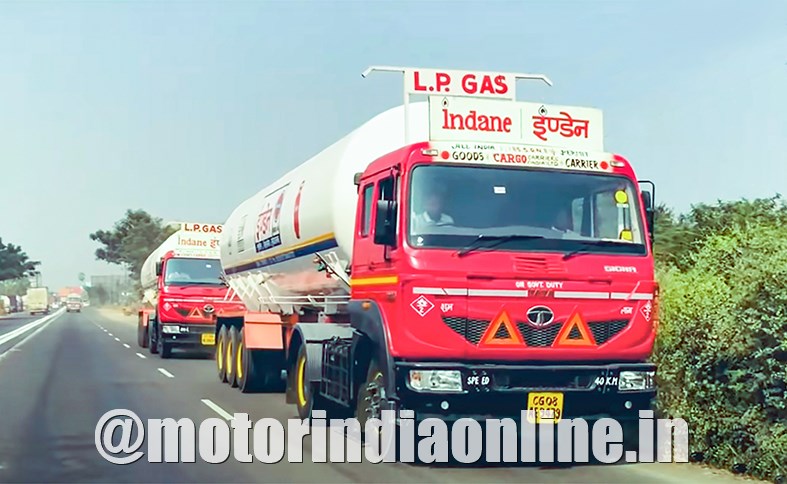
Established in 1969 by late Shri Vishwamitter Khosla, Cargo Carriers (India) Limited is a company that has been built on the strong foundations of trust and on delivering promises. The company started with two open trucks delivering goods from Mumbai to Delhi and expanded its operations steadily and sustainably in the years to come. By 1972, the company ran 10 trucks with permanent special-mounted containers, and expanded its footprint from delivering regular cargo to highly specialised cargo like bulk gases and currency coins, all through the country. By 1980, the company forayed into the transport of bitumen with the help of specialised tankers. The company, under the astute guardianship of Raman Khosla, Managing Director, has since grown by leaps and bounds, and today, Cargo Carriers is easily considered as one of the largest and most reputed players in this sector. Cargo Carriers keeps adding a fleet of 120-130 new trucks every year to cater to the increasing logistics demand of India, while retiring some of the older trucks in their fleet. Khosla is one of the leading transporters and opinion makers in petroleum (liquid, gas and packed products) transportation in the country. He is a visionary transport veteran and a revered member in multiple industrial and social bodies.
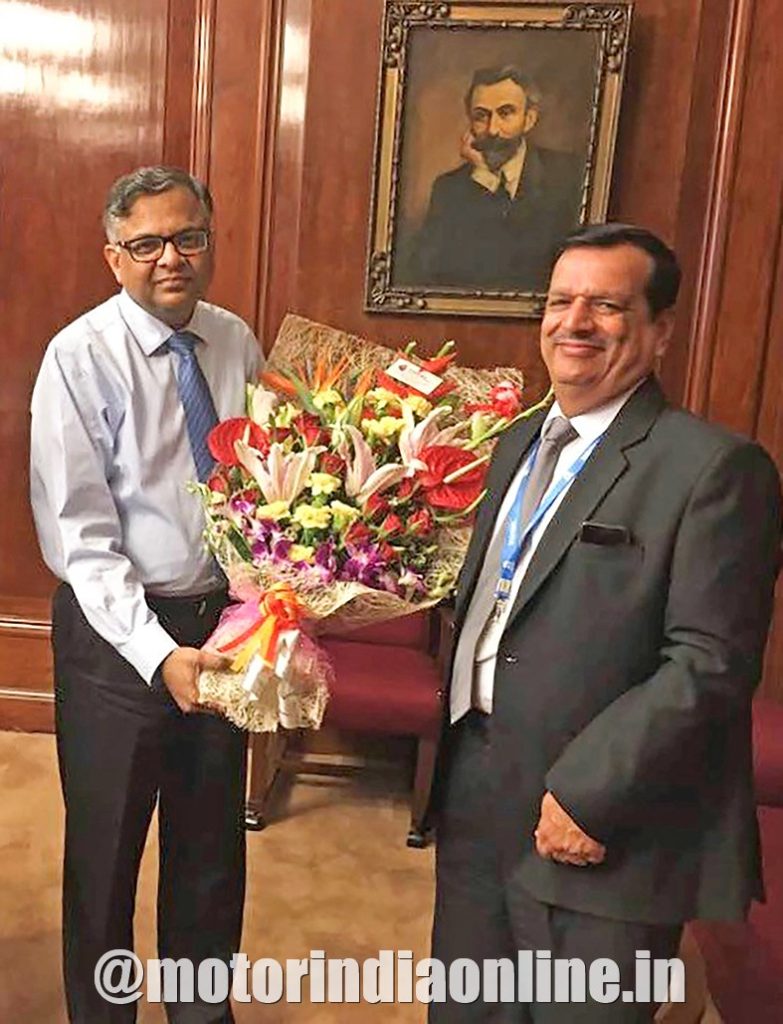
All through its journey of over five decades, Cargo Carriers has been associated with one trusted partner for its vehicles to meet its growing needs and that has been Tata Motors. Right from 1969, Cargo Carriers trusted its business only and exclusively with Tata trucks, and today, they have a strong fleet of more than 1100 Tata trucks, operated by a trained staff of more than 1600, including 1350 drivers. Speaking of the association with Tata Motors, Raman Khosla says, “100 per cent of our fleet consists of Tata trucks and this is for their excellent products, delivering consistent performance and for the quality of after sales service rendered by Tata Motors across the country. Tata Motors has not only supplied us the trucks with modern technology, but have also been proactive in anticipating our needs and meet our expectations with new products and services at all times and thus have played a big role in Cargo Carriers’ success over the years.”
Throwing more light on the support that Tata Motors has extended to the company, Khosla adds, “Back in the day, in the ’80s and early ’90s, we faced a big menace of adulterated fuel affecting the performance of our vehicles. We reached out to Tata Motors for assistance, and they were prompt in offering a solution and ensuring that the performance and life of the engines was not adversely affected even with the use of adulterated fuel, which was the only sort of fuel we could get in remote parts of the country, at that time.” Khosla also states that Tata Motors engineers would often travel in their trucks to map the performance of the vehicles on long journeys and use the data to further fine-tune the already capable and technologically-advanced vehicles.
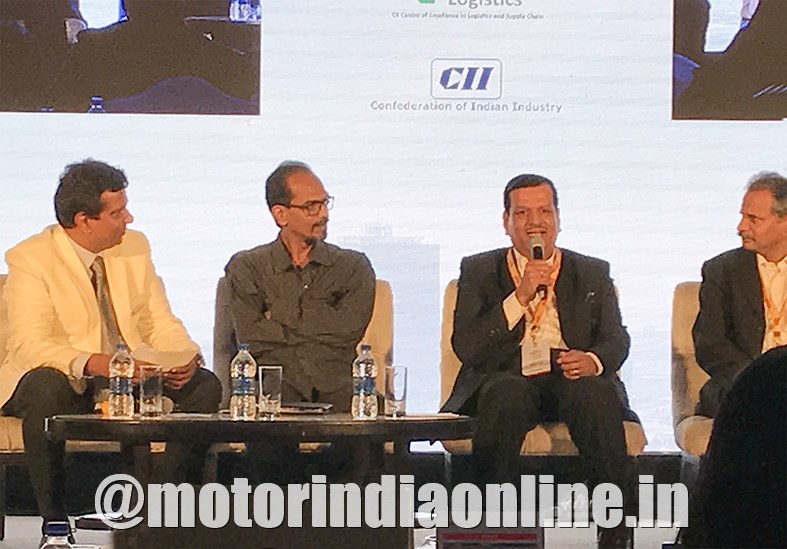
Khosla states that the current fleet of Cargo Carriers consists of the Signa and Prima models across various GVW nodes of 28, 35, 40 and 42 tonnes. These trucks are equally appreciated by their drivers for its comfortable cabins and high fluid economy. He further mentions, “One thing that is of utmost importance to us is the comfort and safety of our drivers, who are the backbone of our company. And to ensure they get nothing but the best, and we have opted for the modern platforms and air-conditioned cabins from the Tata Motors portfolio to relieve the stress from the long hours on the highway for our drivers. The Signa and Prima cabins are well insulated from outside elements and offer a safe and pleasant environment for our drivers.”
One attribute that resonates well through Tata Motors and Cargo Carriers is mutual trust, and that says Khosla, is the recipe of the continued and fruitful partnership of over five decades between the two organisations. And it is the same virtue that has ensured Cargo Carriers has had a long standing partnership with all its clients like Indian Oil Corporation Limited, Bharat Petroleum Corporation Limited, Hindustan Petroleum Corporation Limited and Reliance Industries Limited. Elaborating on it, Khosla comments, “Trust has been our primary binding agent with our partners like Tata Motors, clients that consist of all petroleum majors of the country and equally importantly, our staff and drivers. Today, we even have the third generation of our staff working with us.”
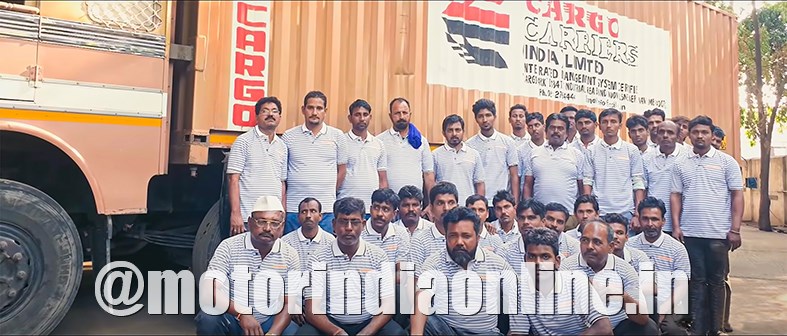
Khosla mentions Tata Motors has walked the extra mile to train the drivers for safe driving habits, on technical aspects of the business and have supported with modern technology like telematics in the trucks to help increase the efficiencies of the business. Tata Motors’ widest network of service stations and workshops ensure that the uptime of the vehicles is increased and that there’s always peace of mind knowing that there’s a Tata Authorised Service Station in the vicinity, no matter which part of the country you are in. Initiatives like Tata Samarth, which majority of Cargo Carriers’ drivers have enrolled for, has boosted their confidence and have inspired the feeling of being cared for themselves and their families.
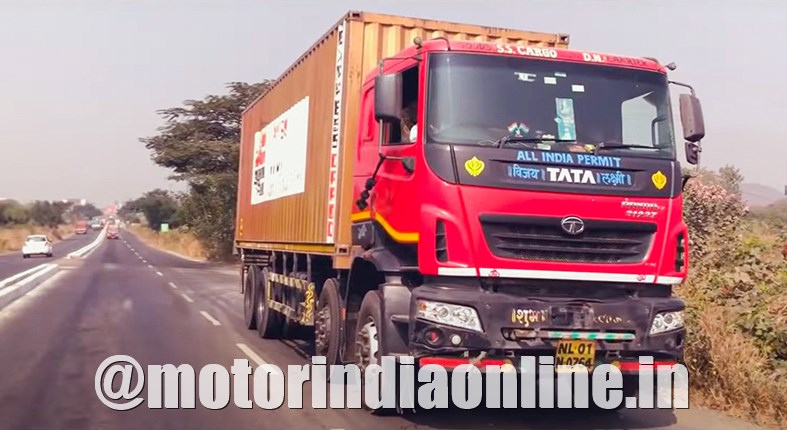
Speaking of the future, Khosla states, “We would like to further increase our presence in the current field of transporting petroleum and bulk gases, specialised cargo, FMCG and we particularly would like to widen our footprint in the LNG transportation business. We look forward to the new, upgraded BS-VI fleet of Tata vehicles and are very confident that Tata Motors will aid us with even better trucks in terms of performance and lowering the total cost of ownership of the vehicles.”
Companies like the Cargo Carriers and Tata Motors help fuel growth of the entire nation with their prompt service, commitment towards the betterment of the society, connecting the entire country and most importantly quenching the ever-increasing thirst for energy of modern India.
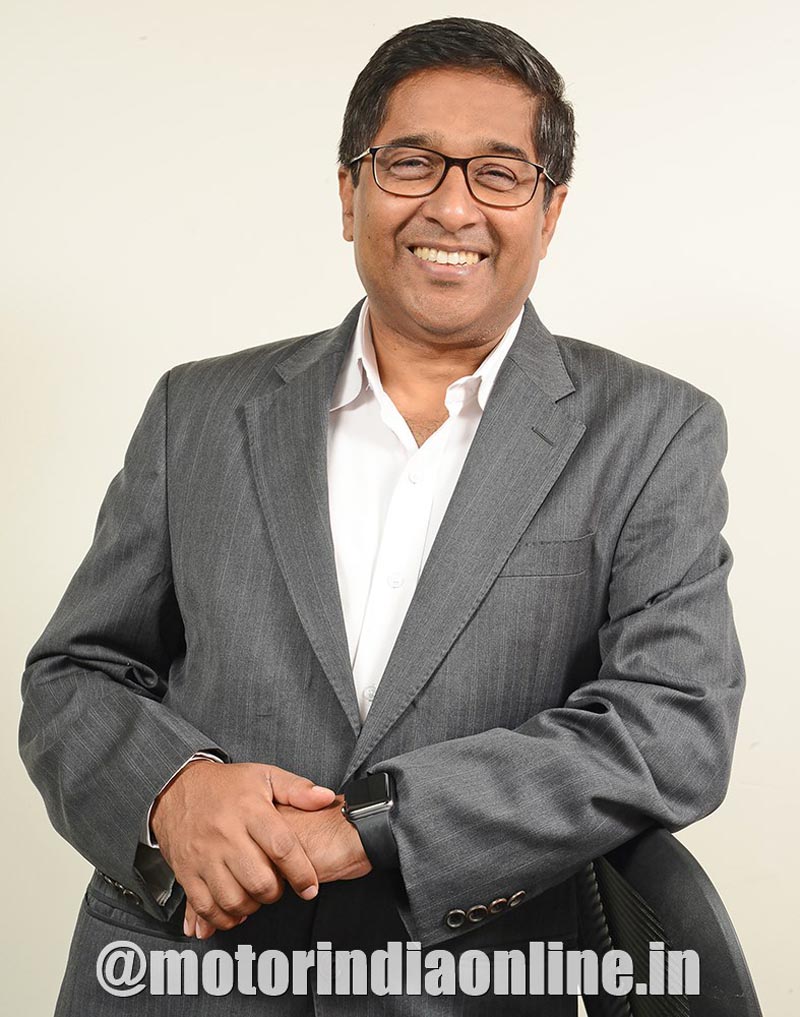
“Cargo Carriers and Tata Motors enjoy a fruitful and mutually-benefitting relationship of over five decades, where both the companies have helped each other grow leaps and bounds over time. Cargo Carriers has always assisted us in giving valuable feedback that helps in improving our vehicles and have been a major driving force in pioneering a number of new products including the runaway success Tata Motors enjoyed with its popular Tata LPT 2213, which happened to be the country’s first 22 tonne truck. It is the motivation of our valued customers like Cargo Carriers that drives us to continuously innovate, achieve excellence in designing, manufacturing and servicing vehicles that drive the nation. Tata Motors’ new, upgraded BS-VI range has been designed and developed to offer the lowest TCO and increased productivity, ensuring higher profitability for our customers with the use of modern technology and innovative engineering.”
– RT Wasan, Vice President, Product Line, M&HCV, Tata Motors